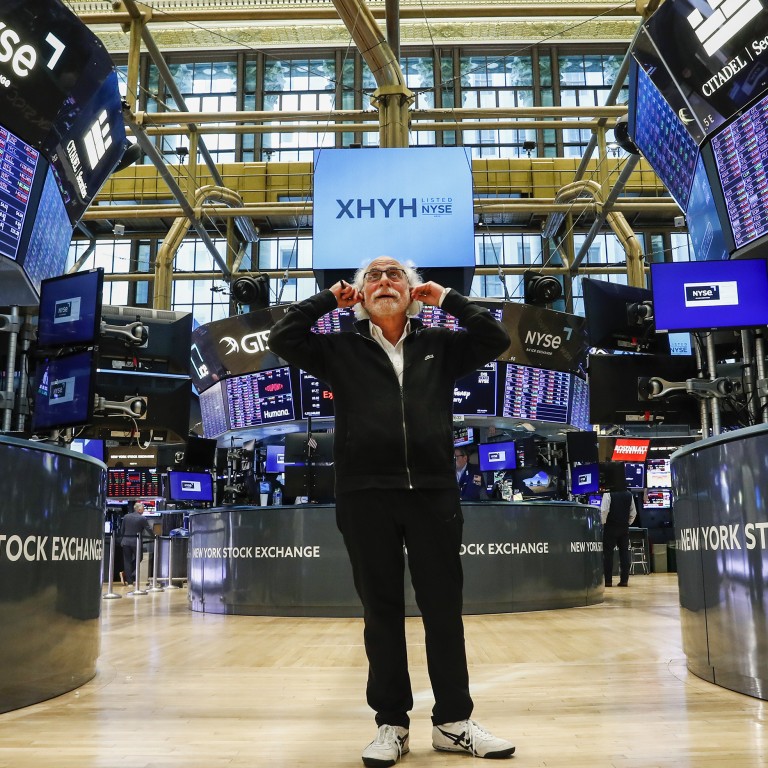
Why stock markets must stop acting like casinos, especially in Asia
- With big wins for a few and not much for the rest, stock markets are attracting massive funds from the economy but meeting none of its real needs
- These range from SME support and supply chain repair, to climate mitigation and infrastructure building
Stock markets – as John Meynard Keynes, Warren Buffett and others have remarked – are like casinos. It is often a winner-takes-all game where a few become rich and powerful while others do not even get a seat at the table.
Two recent events highlight the anomalies of this situation. One was a panel discussion that I moderated recently on the state of small enterprises in Asia. And the other was the publication of the “Corporate Finance in Asia and the Covid-19 Crisis” report by the Organisation for Economic Cooperation and Development (OECD).
Start-ups, as economic commentator and university professor Richard Katz said, are associated with “geeky” young entrepreneurs in Silicon Valley dreaming up new artificial intelligence or cryptocurrency innovations to be financed by venture capital companies.
Venture capitalists queue up to pour money into these upstarts while stock market investors salivate over the prospect of buying shares in their initial public offerings before quickly selling on at a profit and moving to the next opportunity.
Katz, quoting OECD figures, noted that there are just 2,000 hi-tech firms in Silicon Valley when the United States is home to more than 50,000 high-growth enterprises. This compares to 16,000 in South Korea, 13,000 in the United Kingdom and 10,000 in France.
Despite their high-growth potential and performance, and their ability to create employment and trade, many of these companies are starved of working capital and investment funds because stock markets do not wish to know them, or investors lose interest after an (often premature) IPO.
Banks in many Asian countries, not least Japan, are not eager to lend to young, fast-growing companies – which Katz referred to during a Foreign Correspondents Club of Japan panel discussion as “gazelles” – without a guarantee. Instead, they favour slower-growing “elephants” or corporate dinosaurs.
It would appear that Asian companies are well served by stock markets. As the OECD observes, Asian listed companies represent over half of the world’s listed companies and one-third of global market capitalisation.
But this is misleading. Asian markets host some of the world’s largest companies and, last year, more than half the world’s 10,000 largest listed companies had their headquarters in Asia. In other words, stock markets are catering to elephants in Asia too.
Some may argue that evolution will take care of this, that markets will eventually expand to embrace more listings, of SMEs and large enterprises alike. But time is not on the side of evolution in this case.
As Suzanne Gaboury, director general of the Asian Development Bank’s private-sector operations department, observed in Tokyo, the bank is already providing funds to Asia’s SME sector and trying to make banks and policymakers aware of the big unmet capital needs in Asia, while promoting a digital business revolution.
More radical solutions are likely to be called for, however, in and beyond Asia as the financing gap exposed by “picky” stock markets and their boom-bust swings give way to calls for a more institutionally-led approach to collecting savings and directing them into real economic needs.
Anthony Rowley is a veteran journalist specialising in Asian economic and financial affairs



